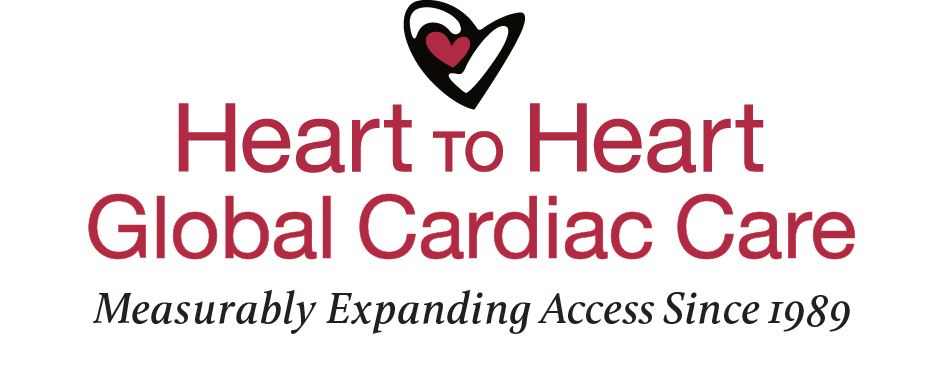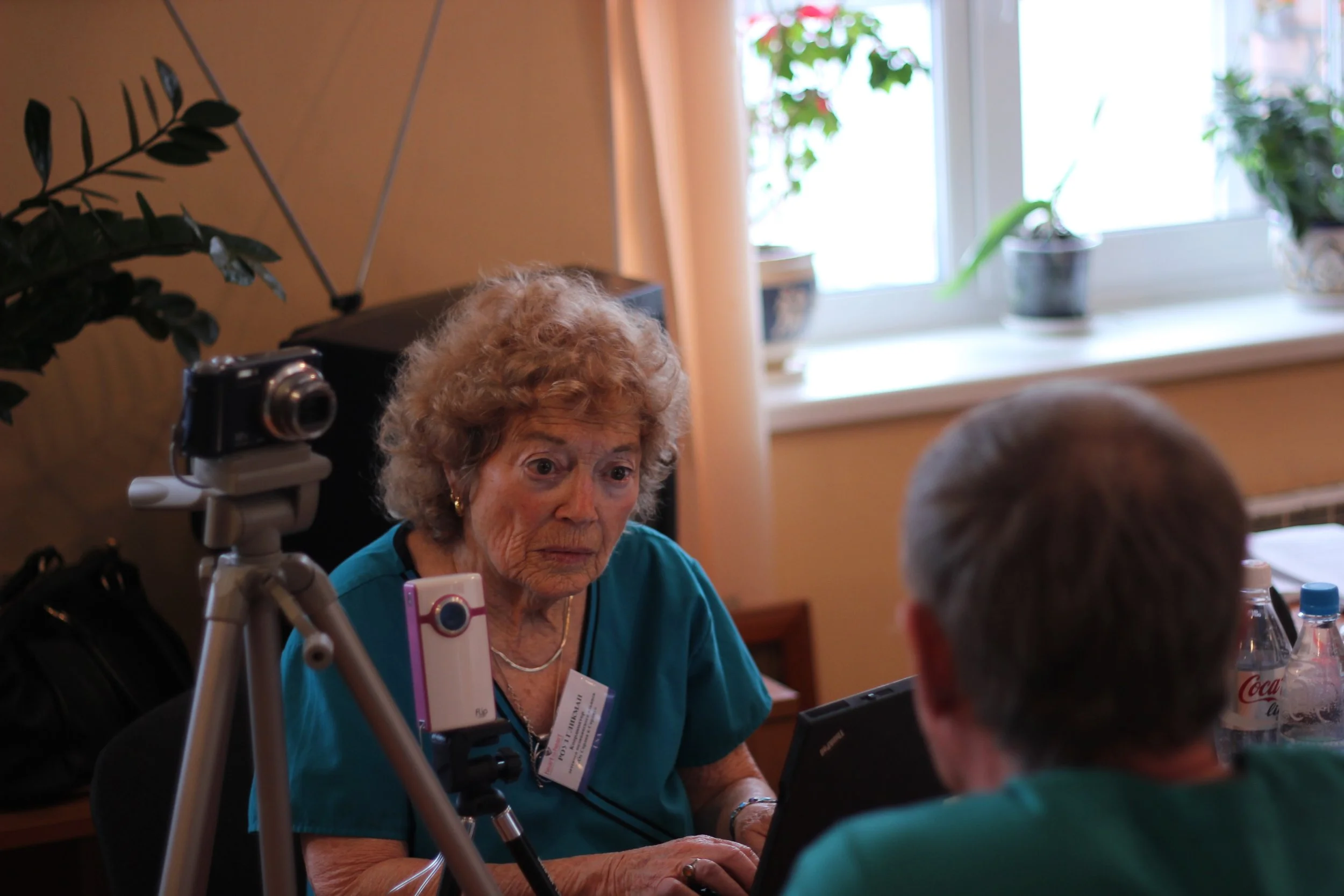Rose Glickman, PhD
(1933-2025)
Rose Louise Glickman was a bright and compassionate Heart to Heartnik.
Born in Chicago in 1933 to Jewish immigrant parents from Lithuania and Ukraine, Rose came from humble beginnings—and went on to live an extraordinary life.
Deeply passionate about Russian history, in 1963, at age 30, Rose traveled to the Soviet Union to access archives for her PhD thesis. In 1967, Rose earned her PhD from the University of Chicago, after having received her Master’s degree from McGill University in Montreal. After her return to Berkeley, Rose gave birth to her daughter, Eve. The two of them would go on to live in the Soviet Union, Great Britain, Mexico, and Finland, though Berkeley was home for most of their lives.
A dedicated feminist and historian, Rose researched and wrote two books, Russian Factory Women: Workplace and Society, 1880-1914 and Daughters of Feminists: Young Women with Feminist Mothers Talk About Their Lives. In 2012, she translated the memoir of Agnessa Mironova-Korol, the wife of a high-ranking member of the Soviet elite. The book was published as Agnessa: From Paradise to Purgatory, A Voice from Stalin's Russia. Rose also wrote a number of novels and short stories.
Rose was a voracious reader; and politics and debate were also high on her list of pastimes. She loved and appreciated music and sang in the Berkeley Community Chorus for many years. She swam regularly throughout her life and enjoyed walking, especially with friends. Rosie had many dear, lifelong friendships that spanned decades, continents, and generations.
As a university professor, Rose worked at several prestigious universities, including Mills College, Vassar, SUNY Buffalo, and UC Berkeley. Later in life, she also worked at Jewish Family Services.
Heart to Heart’s mission was near and dear to Rose’s heart. She served as a volunteer for more than 20 years, writing, editing, and translating in service of children born with heart defects in Russia and beyond. In addition to English, Rose spoke fluent Russian, French, Spanish, and Yiddish.
She had a special talent for connecting with patients of all ages and their families. On cardiac training missions to Russia and Latin America, Rose interviewed patient families and diligently documented their stories, crafting moving narratives and highlighting the need for our life-saving work.
Rosie never even entertained the idea that she would die—she always believed that she would live to be 100. She squeezed every minute out of life until the end, just short of her 92nd birthday. She died at home on April 19, 2025, with her daughter Eve and niece Sharyn by her side.
Her memory will live on through the legacy of her service—and in our hearts forever.


